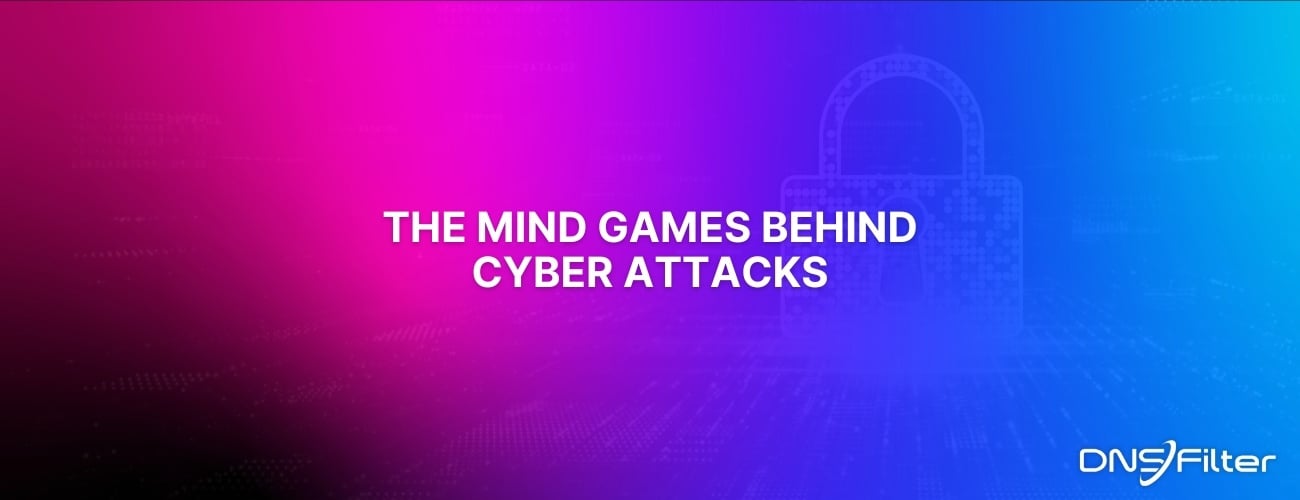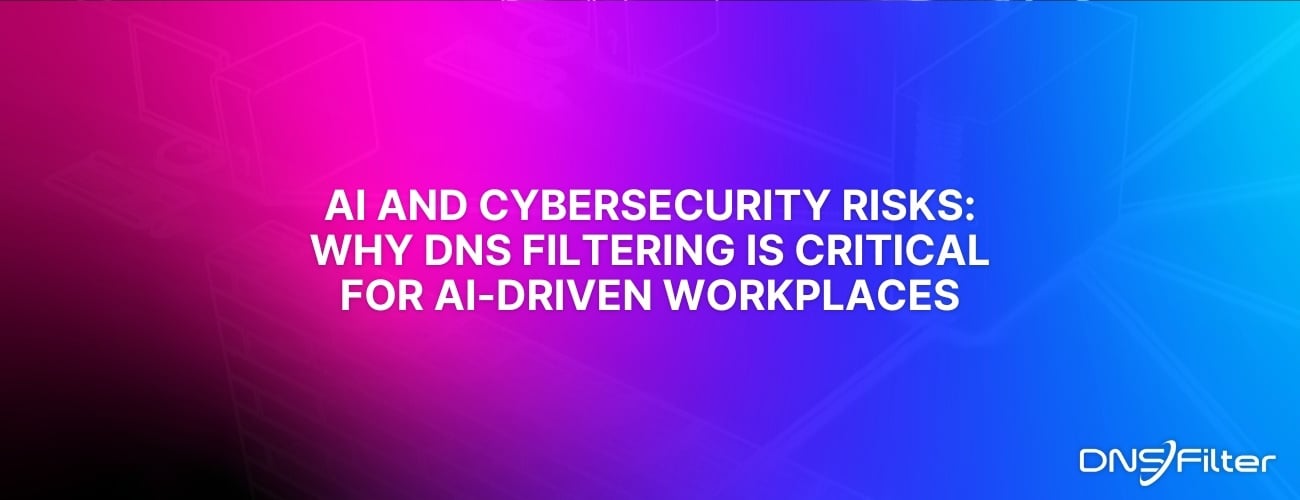Share this
RCA Review: Addressing Latency in the NY Region Tuesday, July 25
by Dave Raphael on Jul 25, 2023 5:48:19 PM
Today we had an incident that lasted for approximately one hour in the NYC region. I wanted to take the time to address this incident and review what happened, why it happened, what we did to resolve it, and what we’re doing to prevent future issues like this.
Impact and cause of incident
The incident began at 11:00 a.m. ET when some customers in the New York City region experienced high latency over our DNS1 Anycast network.
The cause of this incident stemmed from an issue with one of our hosting providers in which a circuit was inadvertently turned off. This resulted in DNS traffic to the Washington, D.C. region to be rerouted to servers in New York City. While this traffic shift is what we expect BGP to do in instances like this, the load was too great to resolve some requests in a timely manner. This resulted in the latency issue experienced by some of our customers.
Prior to receiving our first ticket, our team had already recognized the issue was with that particular upstream provider. We had visibility into the traffic moving from DC to NYC, and we were able to fully diagnose and solve the issues by 12:10 p.m. ET—24 minutes after our first support ticket was received.
But we’re committed to doing better. We’ve already had plans to increase our load capacity, including the NYC region, which will allow us to have greater resilience in the case of unbalanced loads resulting from unplanned traffic shifts. Our goal is to serve our customers and provide the best possible experience.
A while ago, I promised transparency, action, and accountability. I’m here to keep that promise.
Share this
 Artificial Intelligence in Cybersecurity
Artificial Intelligence in Cybersecurity
The term “artificial intelligence (AI)” was first coined in 1956. While progress stalled for many years, we can thank IBM for sparking real interest in AI as viable technology: First in 1997 when the computer Deep Blue defeated a chess champion and again in 2011 when Watson won Jeopardy!
 The Mind Games Behind Cyber Attacks
The Mind Games Behind Cyber Attacks
Hackers have long understood that the most sophisticated firewall is no match for a well-placed psychological trick. While many focus on the technical prowess of cybercriminals, the real magic often lies in their ability to manipulate human behavior. By exploiting our natural tendencies and cognitive biases, hackers can slip past even the most robust security systems. It's not just about cracking codes; it's about cracking the human psyche.
 AI and Cybersecurity Risks: Why DNS Filtering is Critical for AI-Driven Workplaces
AI and Cybersecurity Risks: Why DNS Filtering is Critical for AI-Driven Workplaces
Artificial intelligence is transforming business operations, automating everything from customer service to data analysis. But with these advancements come new security challenges. AI-driven cyber threats are becoming more sophisticated, enabling attackers to automate phishing campaigns, generate malware, and exfiltrate sensitive data at scale. Without proper safeguards, AI tools can unintentionally leak corporate secrets or connect to malicious ...


